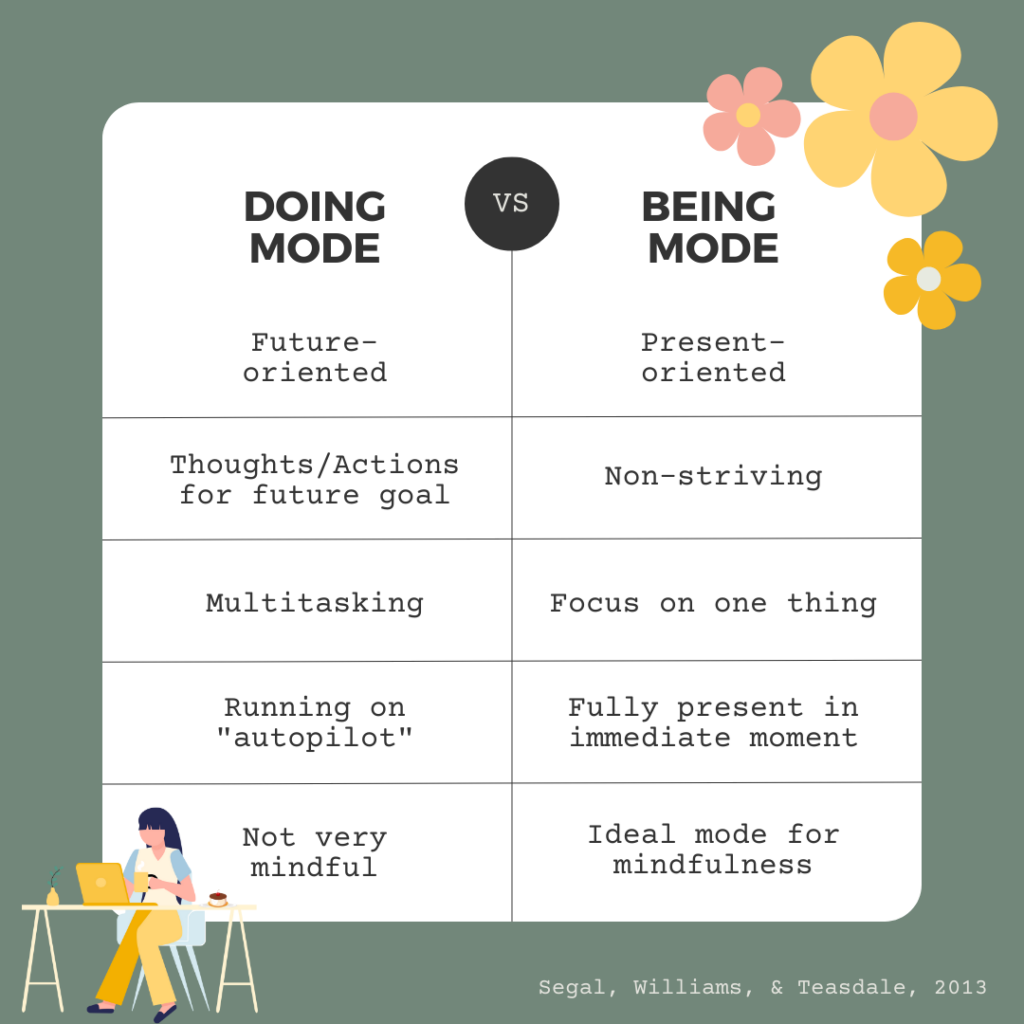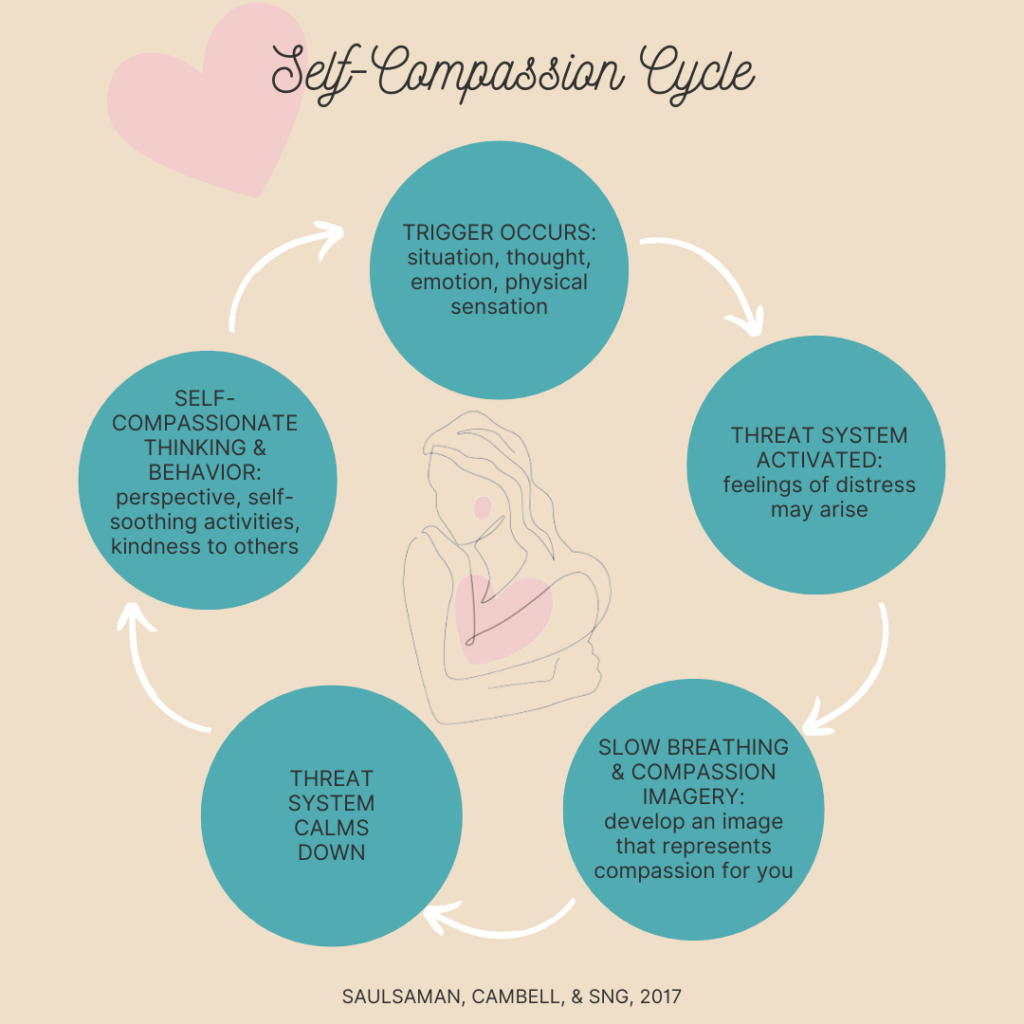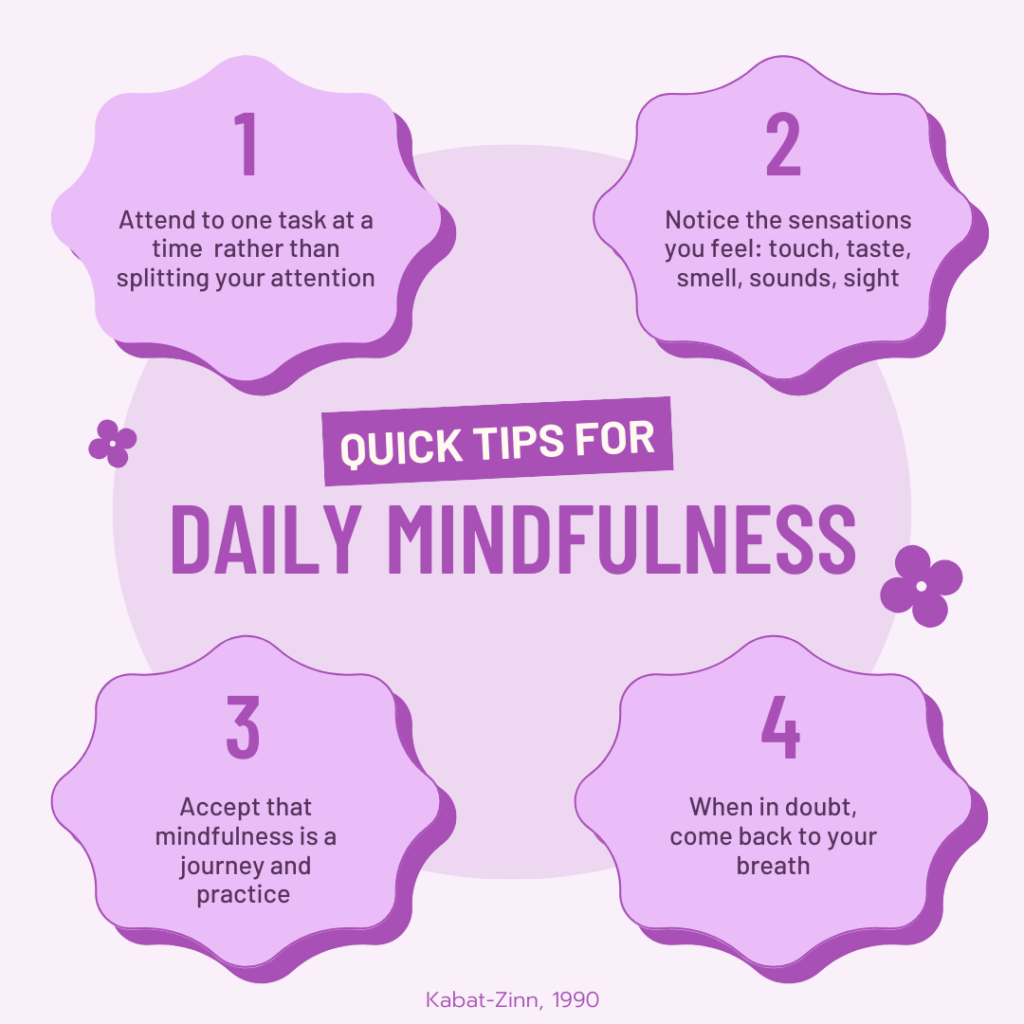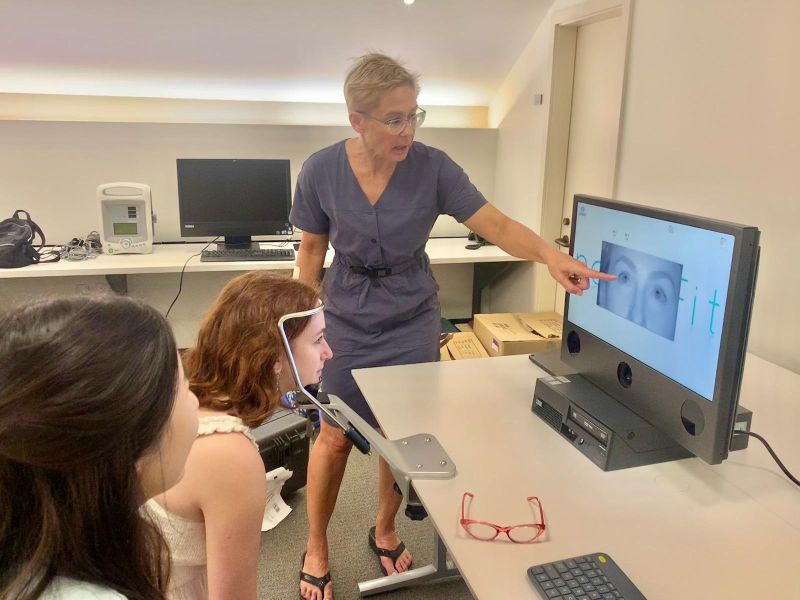The main goal of resilience stories was to make evidence-based strategies of resilience available to the public, for these sorts of tools are of powerful use and have the potential to make positive changes in individuals’ lives. This summer, I researched these strategies and transformed them into easily digestible Instagram posts. Themes for these posts included resilience, micro-moments of joy, mindfulness, grit, self-compassion, social support, growth mindset, positive emotions, and many more. Some posts, such as “Quick Tips for Daily Mindfulness,” impart advice on incorporating resilient techniques into daily life. Other posts, such as the “Doing Mode vs. Being Mode” post, involve presenting information that could aid in developing resilient skills. The intention behind this project was to widen the impact of scientific findings. Rather than keeping evidence-based coping skills to the realm of scientific journals, or even only in therapy sessions, we wanted to make this information accessible to anyone. These techniques belong in everyone’s toolkit, and we are striving to make them as widespread as possible with our launch date in the fall.



Beyond our resilience lab Instagram, I also aided in Dr. Tugade’s lab study involving Neurofit. Neurofit is an eye-tracking device, involving an eye-tracking task, that gives indications of an individual’s cognitive health. This summer, we worked on developing a mindfulness-based intervention to determine whether mindfulness can improve cognitive abilities. After creating a procedure with Dr. Tugade’s other lab members – in which I specialized in developing the mindfulness intervention because of the extensive research I have done on that topic – we pilot-tested our study. We will begin actual testing this upcoming fall.

